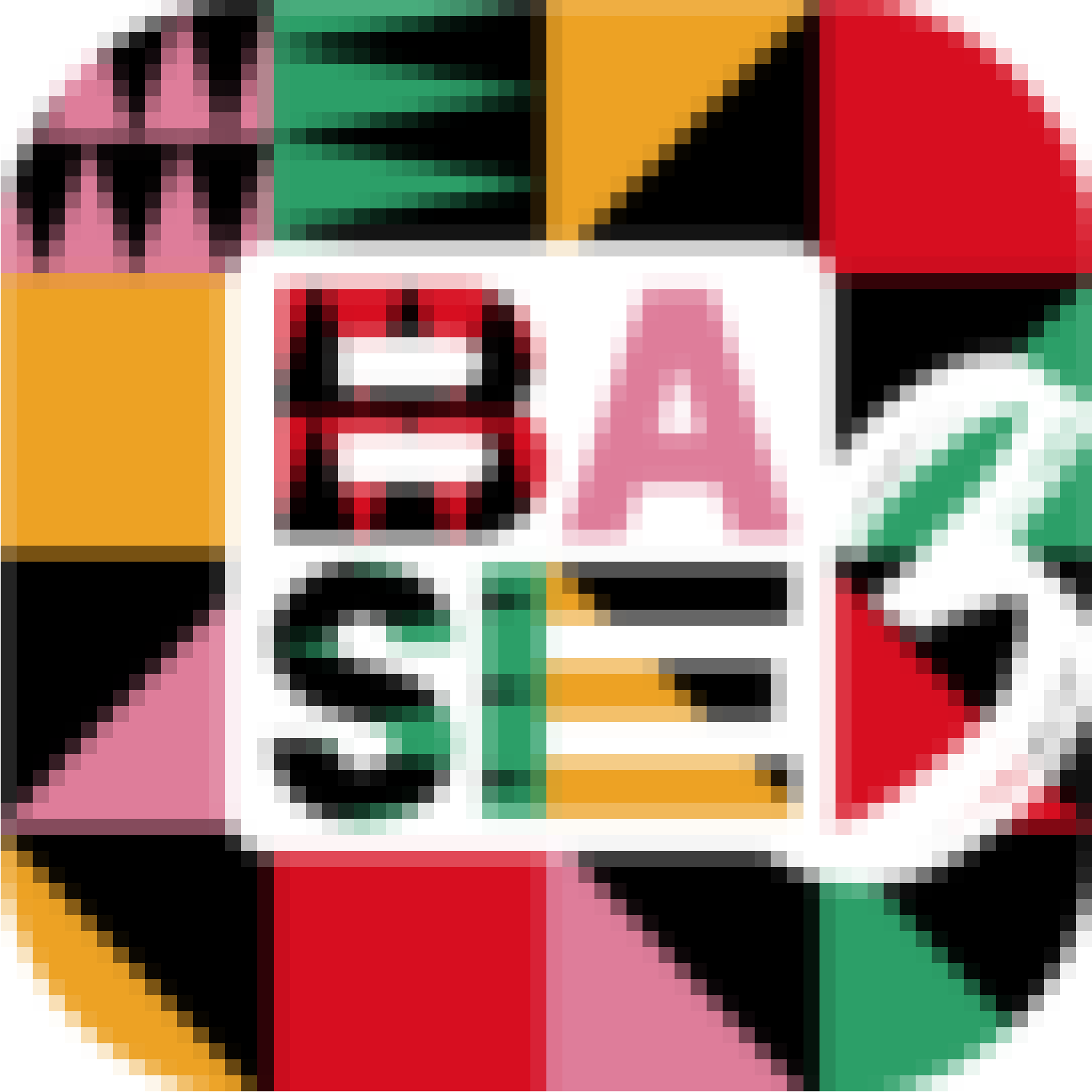
Supporting the digital trasformation of MSMEs
and the Third Section throught open-source





Development
DigitOpen promotes digital transformation with open source tools, in line with the EU strategy for digital independence and the knowledge society.
Training
The second sector priority aims to make vocational education and training more flexible through continuous learning, focused on the development of key digital skills and the use of various digital tools.
Social enterprise
The initiative fights the digital divide in the Third Sector, offering training and access to open-source tools for volunteering, social enterprises and SMEs. Despite financial and age-related challenges, acquiring digital skills is crucial to their relevance in the digital society.
Inclusion
The open-source strategy and Digital Education Action Plan emphasize collaboration, inclusion and high-quality content to promote digital education and reduce inequalities related to lack of skills and accessibility.
The aim is to empower the Third Sector and small-medium enterprises through an open source approach to facilitate their digital transformation.
The aim is to improve daily activities with effective practices and innovative methods, promoting collaboration, optimizing strategic planning and offering tailored professional development for staff, in line with individual needs and organizational objectives.
Specific objectives
Improve staff’s digital knowledge, skills and competencies in using open-source tools and software in line with organizational needs.
Increase capacity building of third sector organizations and SMEs to better respond to staff needs and develop synergies with vocational education and training providers.
Develop structured guidelines to support organisations’ staff in their digital transmission through an open source approach.
Create conscious, collaborative and connected learning and working communities that move towards digital autonomy.
Enrich the training offer of VET providers regarding the development of digital skills.
Results
With the implementation of the DIGITOpen project, beneficiaries will have more digital training opportunities in the form of VETe. To this end, we plan to act through the following activities:
4 TPM
Transnational training activities
Research
Curriculum design
Toolkit production
Development of the online platform
Platform testing
Piloting of online courses
Development of a self-assessment tool
Design of guidelines for digital through open-source
Production of a toolkit aimed at third sector organizations and SMEs
Development of an open source MOOC
Development of a self-assessment tool (SAT)
Guidelines for digital transition through open source
Training of TS and SME staff
Creation of an EU network of organizations committed to the open source approach
Partners
The European Commission’s support for the production of this publication does not constitute an endorsement of the contents, which reflect the views only of the author, and the Commission cannot be held responsible for any use which may be made of the information contained therein.


Supporting the digital
trasformation of MSMEs and
the Third Section throught
open-source

Development
DigitOpen promotes digital transformation with open source tools, in line with the EU strategy for digital independence and the knowledge society.

Training
The second sector priority aims to make vocational education and training more flexible through continuous learning, focused on the development of key digital skills and the use of various digital tools.

Social enterprise
The initiative fights the digital divide in the Third Sector, offering training and access to open-source tools for volunteering, social enterprises and SMEs. Despite financial and age-related challenges, acquiring digital skills is crucial to their relevance in the digital society.

Inclusion
The open-source strategy and Digital Education Action Plan emphasize collaboration, inclusion and high-quality content to promote digital education and reduce inequalities related to lack of skills and accessibility.
The aim is to empower the Third Sector and small-medium enterprises through an open source approach to facilitate their digital transformation.
The aim is to improve daily activities with effective practices and innovative methods, promoting collaboration, optimizing strategic planning and offering tailored professional development for staff, in line with individual needs and organizational objectives.




Specific objectives
Improve staff’s digital knowledge, skills and competencies in using open-source tools and software in line with organizational needs.
Increase capacity building of third sector organizations and SMEs to better respond to staff needs and develop synergies with vocational education and training providers.
Develop structured guidelines to support organisations’ staff in their digital transmission through an open source approach.
Create conscious, collaborative and connected learning and working communities that move towards digital autonomy.
Enrich the training offer of VET providers regarding the development of digital skills.
Results
With the implementation of the DIGITOpen project, beneficiaries will have more digital training opportunities in the form of VETe. To this end, we plan to act through the following activities:
4 TPM
Transnational training activities
Research
Curriculum design
Toolkit production
Development of the online platform
Platform testing
Piloting of online courses
Development of a self-assessment tool
Design of guidelines for digital through open-source
Production of a toolkit aimed at third sector organizations and SMEs
Development of an open source MOOC
Development of a self-assessment tool (SAT)
Guidelines for digital transition through open source
Training of TS and SME staff
Creation of an EU network of organizations committed to the open source approach
The European Commission’s support for the production of this publication does not constitute an endorsement of the contents, which reflect the views only of the author, and the Commission cannot be held responsible for any use which may be made of the information contained therein.










